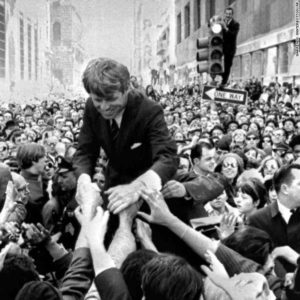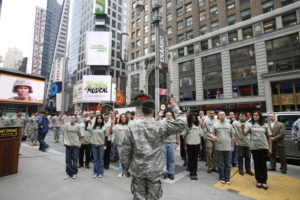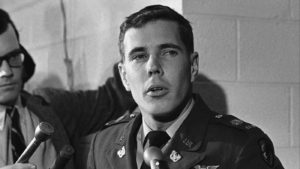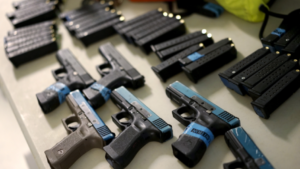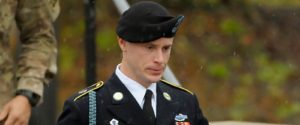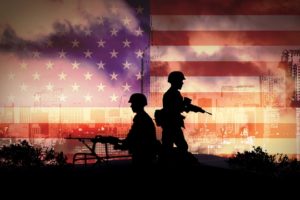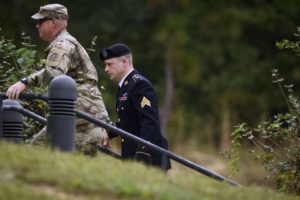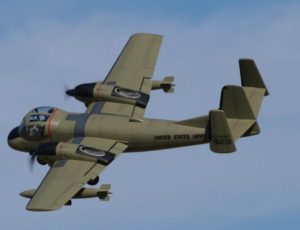If you live long enough you get to go through many seminal moments in your life. I’ve been walking on this Earth for 68-plus years and I have had my share of them.
My marriage to a girl who appeared before me like a vision. The birth of my children. The birth of my granddaughter. Flying over an erupting volcano.
But 1968 produced another one, too, just as it did for many of us in my generation. That was the year I was inducted into the U.S. Army. It occurred 50 years to this day.
I actually can remember much of that day in some detail. It’s one of those events that burns into your memory.
Mom took me to the Army entrance station in downtown Portland, Ore. She bid me so long. I went in, went through a routine physical exam, then took the oath. I made the step forward and was informed by the swearing-in sergeant that we “all had been inducted into the Army.” I would learn later that the Marine Corps also was accepting conscripts; hey, we were at war.
We piled onto buses and rode off in the dark toward Fort Lewis, Wash., where I would spend the next nine weeks learning how to be a soldier.
It was a two-year hitch. I finished basic training in October, then flew directly to Richmond, Va., and then rode a bus to Fort Eustis, Va., where I would train for another 16 weeks learning how to keep OV-1 Mohawk airplanes in the air.
Then it was off to Vietnam and back to Fort Lewis to finish my hitch.
Why mention this? Well, I feel at times in today’s era that not enough young Americans get a chance to experience these kinds life-changing events. I came out of that experience a better person, more grounded and certainly more committed to getting an education.
I won’t advocate for a return to mandatory military conscription. Perhaps some form of public service, though, might do a lot of young folks good. The government created the Peace Corps in 1961 to provide young Americans with a chance to make a positive impact around the world. The Peace Corps is still in existence, but one hardly ever hears of it, unless some young person gets into some form of trouble.
I feel fortunate to have come of age when I did. I feel blessed as well that I survived that most-turbulent time in our nation’s history.
None of us can rewrite our past any more than we can rewrite history. Suffice to say that 1968 was one hell of a year for many Americans. We endured violence in the streets, the murders of two iconic political/religious/civil rights icons and a war that tore at our national soul.
We survived and we are better for having lived through it.
